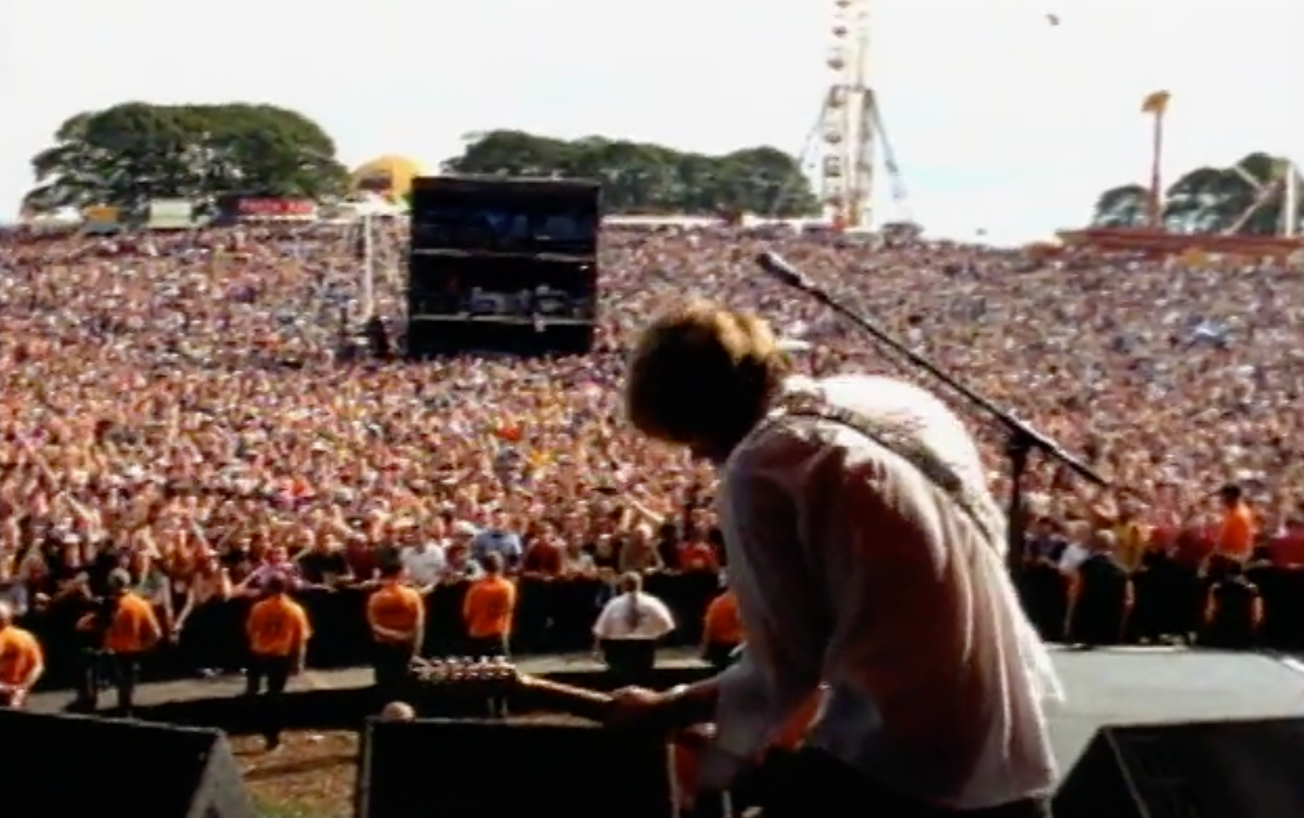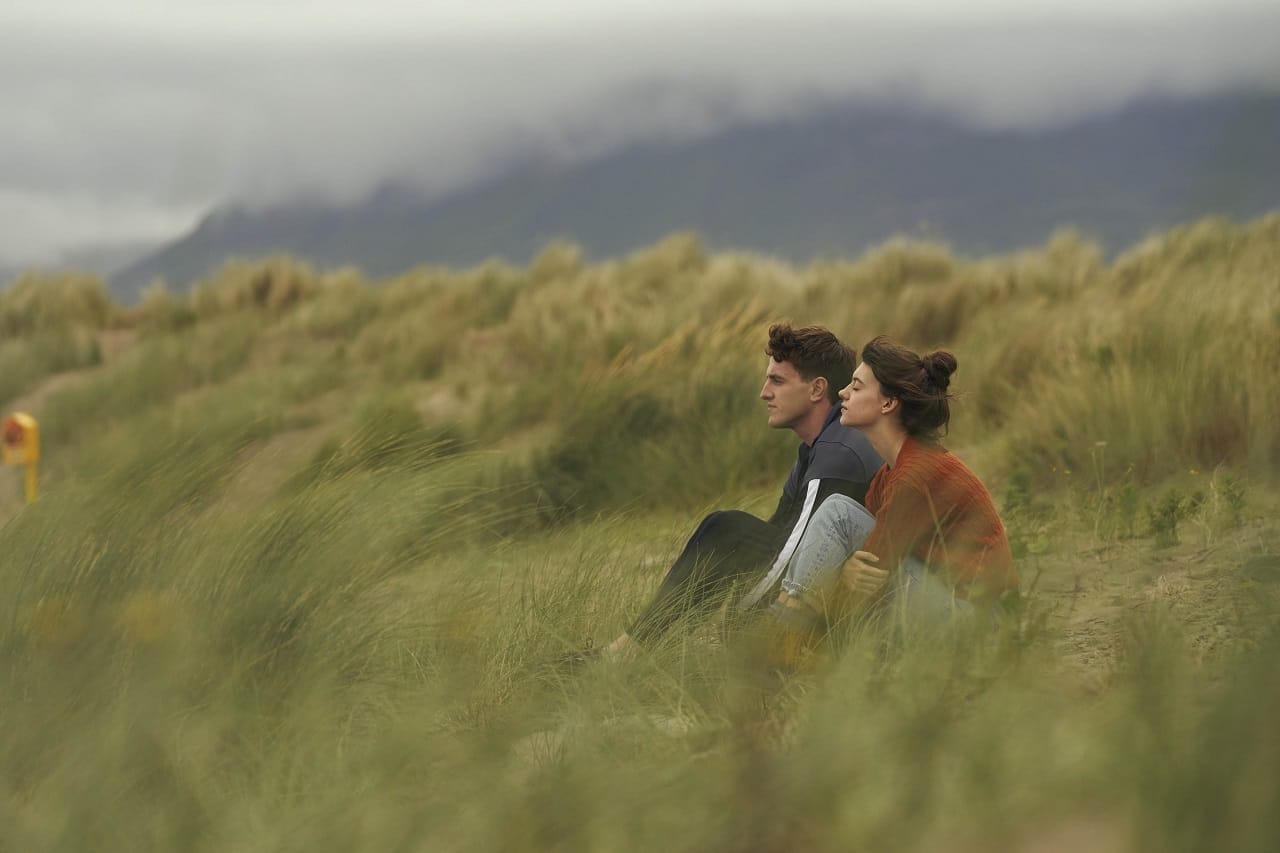By Jacob Collett, Third Year, Psychology
It’s an artistic debate as old as time: is it better to stay underground and make music as true to your ethic as possible or sign to a major label to reach the largest audience while risking the moniker of ‘sell-out’?
Usually, a conclusive answer can never be reached because the discussion is confined to mere debate but Dig! gives us the unique chance to see it played out in real life through the parallel careers of two rival bands: The Brian Jonestown Massacre and The Dandy Warhols.
In what starts out as a documentary project, director Ondi Timoner manages to construct a narrative using eight years’ worth of home footage and interviews to chronicle the love/hate relationship between the two alternative rock bands and their frontmen Anton Newcombe and Courtney Taylor-Taylor as a parable for the trappings of the music industry.

Starting out with similar levels of notoriety and industry backing, we see the bands travel down two increasingly forking paths, as the Dandys, signed to Capitol records, release partially successful hits and questionable music videos while Brian Jonestown Massacre, heavily dysfunctional and often violent, repeatedly self-sabotage at industry showcases and gigs alike.
After five years of being side-lined by the industry, The Dandy Warhols eventually experience commercial success, but only after their single ‘Bohemian Like You’ features in a Vodafone advert. Meanwhile the Brian Jonestown Massacre are stuck in a perpetual tour of America which, although it affords them complete autonomy and artistic freedom, is racked with fights and anxiety, and is ultimately financially unsuccessful.
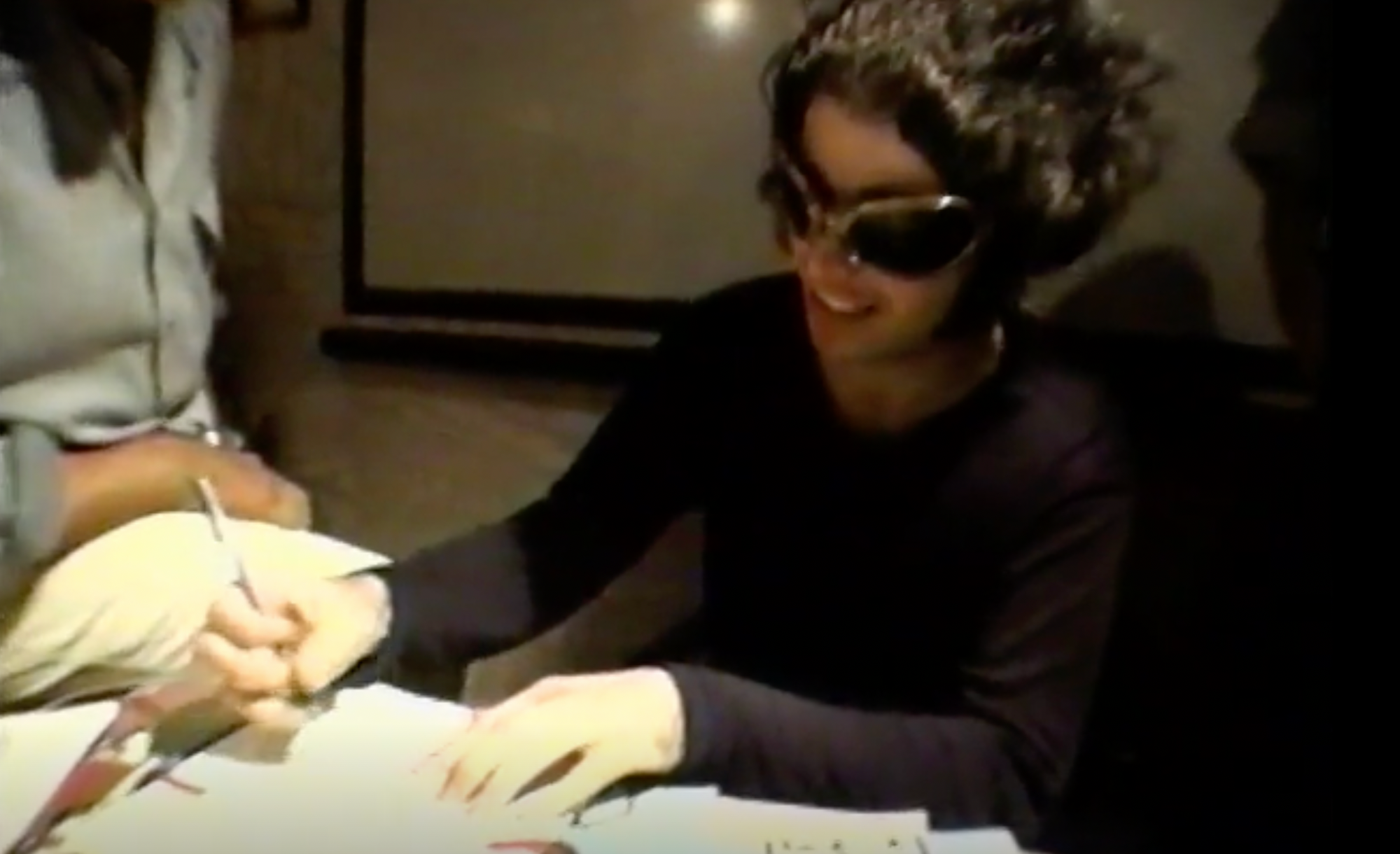
As a commentary on the music industry at large, this film is a scathing polemic which attacks from both sides. We empathise with Courtney’s frustration as he storms the Capitol offices in an attempt to find someone to hold accountable for the lack of promotion or airtime the Dandy’s singles are receiving. And even the suits themselves openly admit that the industry is broken – 9/10 records are a commercial flop, with the one successful record making enough money to cover the losses.
But the scenery isn’t so appealing on the other side for Anton and the Brian Jonestown Massacre. Although they do eventually sign to TVT records, they remain so unstable that they can’t even finish their last record and end up as a one-man-show, theatrically getting booed on stage and having fruit thrown at them.
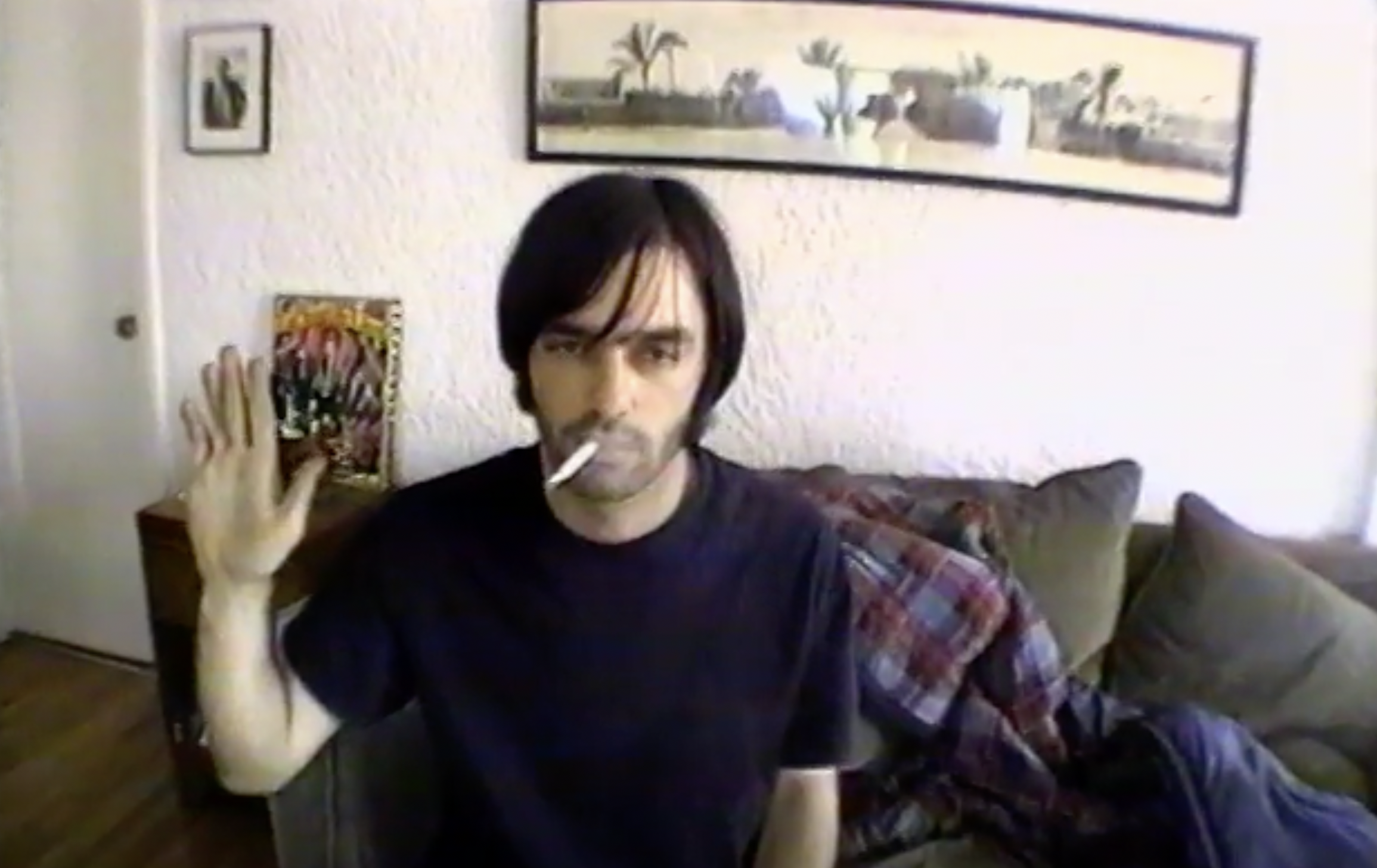
Although the film’s angle biases towards The Dandy Warhols’ brand of success, it paints a grim portrait of Anton’s addiction and mental illness which drives his band apart. In the end it’s his defiant individualism which condemns him to the murky underbelly of late-night bar shows, when his talent is most likely the stronger of the two bands.
Nineteen years down the line, it is undeniable that The Dandy Warhols had the more comfortable ride, but their music is hardly uttered of anymore, while the Brian Jonestown Massacre’s ever-expanding catalogue is finally gaining recognition as a seminal body of work which, to any acute ear, has clearly permeated the sonic landscape of modern rock.
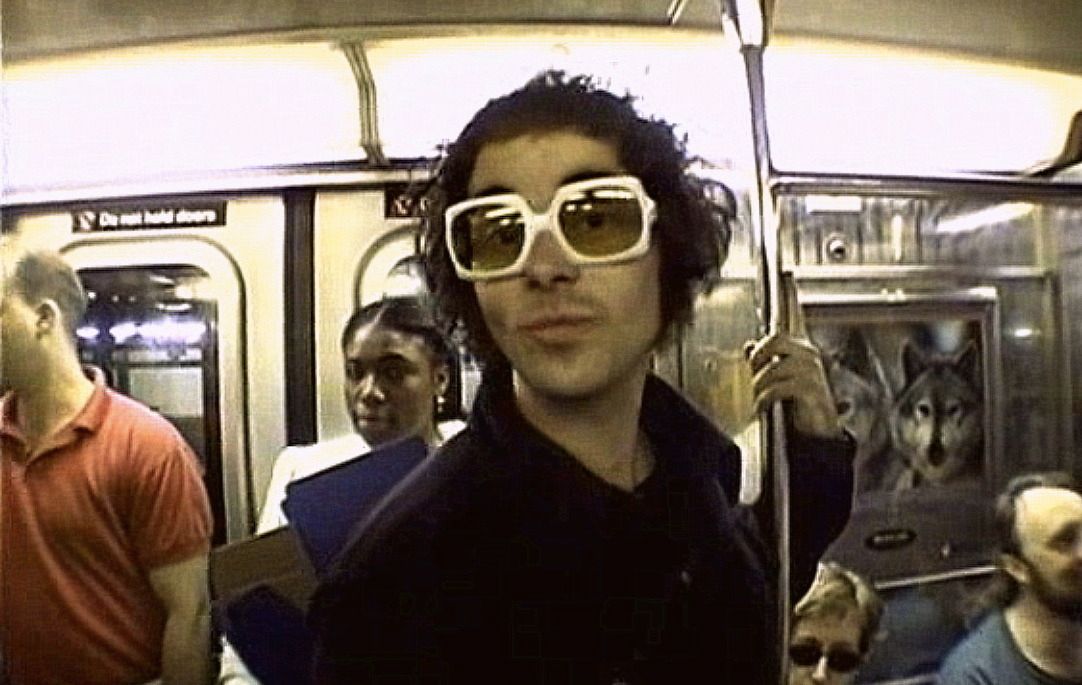
Only time will tell which out of the two bands’ art will persist, but the debate has a tautology that is still relevant in the modern era of music streaming. Are artists who blew up on Tik-Tok such as Beebadoobee or Doja Cat going to be remembered as ‘sell-outs’ and industry plants or worse: fade into the ether? Or will their influence on popular culture reflect their ethics and transcend how they got their big break?
Featured Image: IMDB
What're your thoughts on the industry and 'selling out'?

